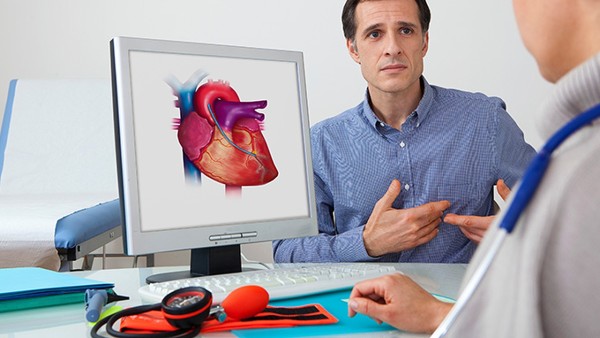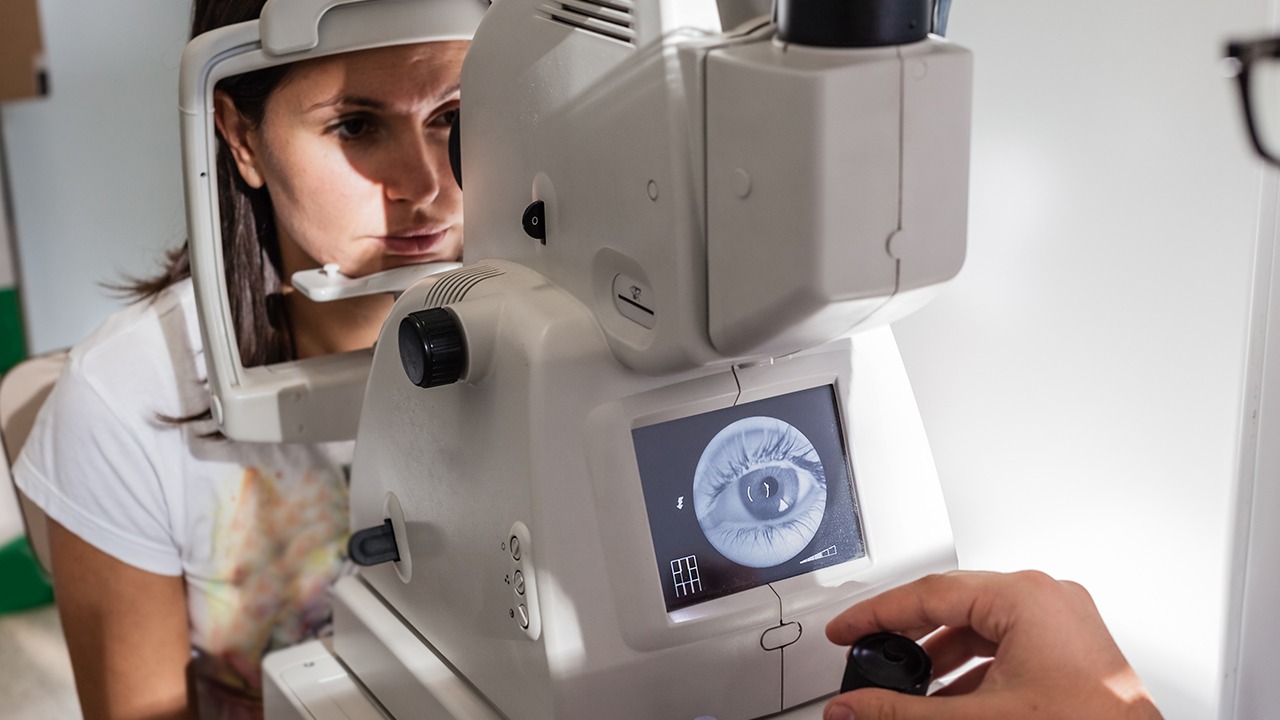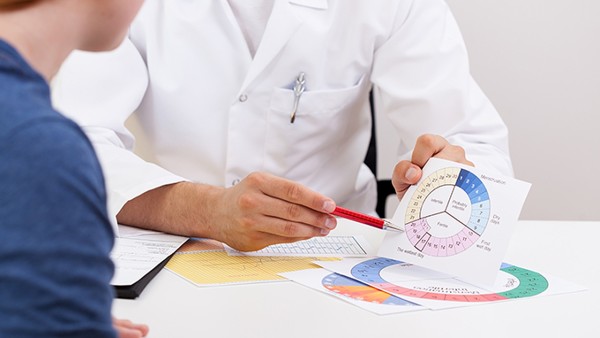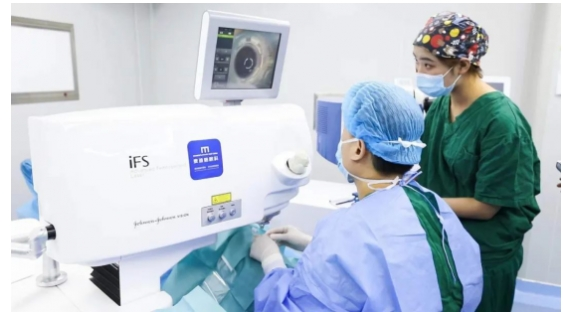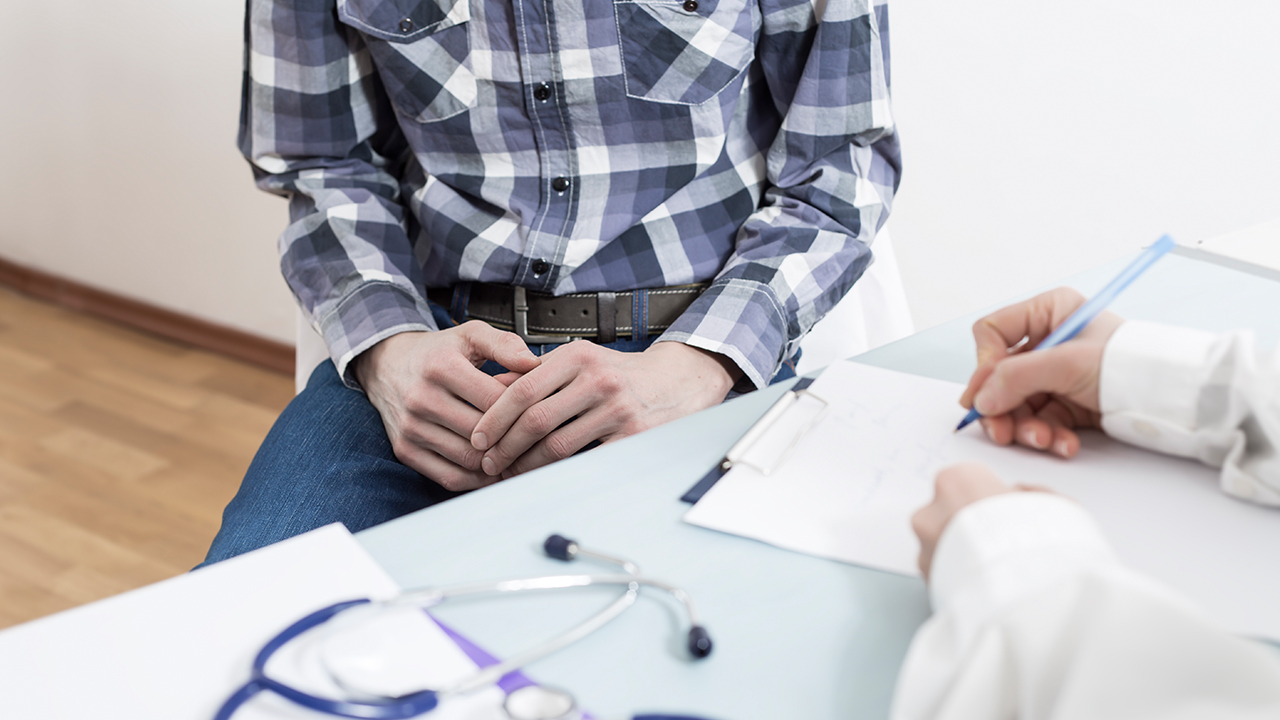What are the Symptoms of Lung Cancer Patients?

Lung cancer is the leading cause of cancer death in both men and women in the United States. Each year, more than 200,000 people in the US are diagnosed with lung cancer, and about 160,000 people die from the disease.
The symptoms of lung cancer can vary depending on the stage of the disease. In the early stages, lung cancer may not cause any symptoms. As the cancer grows, it can cause a variety of symptoms, including:
A persistent cough that does not go away
Chest pain
Shortness of breath
Wheezing
Hoarseness
Fatigue
Weight loss
Loss of appetite
Coughing up blood
Chest pain that worsens with coughing or deep breathing
Shortness of breath that worsens with exertion
Wheezing
Hoarseness that does not go away
Fatigue
Weight loss
Loss of appetite
Coughing up blood
What Causes Lung Cancer?
Lung cancer is caused by damage to the DNA of cells in the lungs. This damage can be caused by a variety of factors, including:
Tobacco smoke: Cigarette smoke contains over 7,000 chemicals, many of which are known carcinogens. These chemicals can damage the DNA of cells in the lungs, leading to the development of lung cancer.
Radon gas: Radon is a naturally occurring radioactive gas that can be found in homes and other buildings. Exposure to radon can increase the risk of lung cancer.
Asbestos: Asbestos is a mineral that was once used in a variety of products, including insulation and roofing materials. Exposure to asbestos can increase the risk of lung cancer, mesothelioma, and other types of cancer.
Other risk factors: Other risk factors for lung cancer include exposure to air pollution, secondhand smoke, and a family history of lung cancer.
How is Lung Cancer Diagnosed?
Lung cancer is diagnosed through a variety of tests, including:
Chest X-ray: A chest X-ray can show a mass or other abnormality in the lungs.
CT scan: A CT scan is a type of X-ray that can provide more detailed images of the lungs.
Biopsy: A biopsy is a procedure in which a small sample of tissue is removed from the lungs and examined under a microscope. A biopsy can confirm the diagnosis of lung cancer and determine the stage of the disease.
How is Lung Cancer Treated?
The treatment for lung cancer depends on the stage of the disease. Treatment options may include:
Surgery: Surgery is the most common treatment for early-stage lung cancer. The type of surgery performed will depend on the size and location of the tumor.
Radiation therapy: Radiation therapy uses high-energy X-rays or other forms of radiation to kill cancer cells. Radiation therapy may be used before or after surgery, or as a standalone treatment.
Chemotherapy: Chemotherapy uses drugs to kill cancer cells. Chemotherapy may be given orally or intravenously.
Targeted therapy: Targeted therapy uses drugs that target specific molecules on cancer cells. Targeted therapy may be used for advanced-stage lung cancer or for lung cancer that has spread to other parts of the body.
Immunotherapy: Immunotherapy uses drugs to boost the body's immune system so that it can fight cancer cells. Immunotherapy may be used for advanced-stage lung cancer or for lung cancer that has spread to other parts of the body.
What is the Prognosis for Lung Cancer?
The prognosis for lung cancer depends on the stage of the disease. The earlier the stage of the disease, the better the prognosis. The five-year survival rate for early-stage lung cancer is about 90%. The five-year survival rate for advanced-stage lung cancer is about 10%.
How Can I Reduce My Risk of Lung Cancer?
There are a number of things you can do to reduce your risk of lung cancer, including:
Quit smoking: Quitting smoking is the most important thing you can do to reduce your risk of lung cancer. If you smoke, talk to your doctor about ways to quit.
Avoid secondhand smoke: Secondhand smoke is the smoke that is exhaled by smokers and from the end of a burning cigarette. Exposure to secondhand smoke can increase your risk of lung cancer.
Test your home for radon: Radon is a naturally occurring radioactive gas that can be found in homes and other buildings. Exposure to radon can increase your risk of lung cancer. If you are concerned about radon exposure, you can test your home for radon.
Get regular lung cancer screenings: Lung cancer screenings can help to detect lung cancer at an early stage, when it is more treatable. If you are at high risk of lung cancer, talk to your doctor about getting a lung cancer screening.
Lung cancer is a serious disease, but it is important to remember that there is hope. With early diagnosis and treatment, many people with lung cancer can live long and productive lives.
The above is all the content that the editor wants to share with you. I sincerely hope that these contents can bring some help to your life and health, and I also wish that your life will be happier and happier.
Topic: #the #symptoms #what- • What is the relationship between kidneys and prostate
- • What to do if the umbilical cord wraps around your neck in late pregnancy
- • How to reduce the impact of colds on the fetus during pregnancy
- • The best dietary therapy for neonatal hypoxic-ischemic encephalopathy
- • Detailed explanation of the causes of neonatal hypoxic-ischemic encephalopathy


